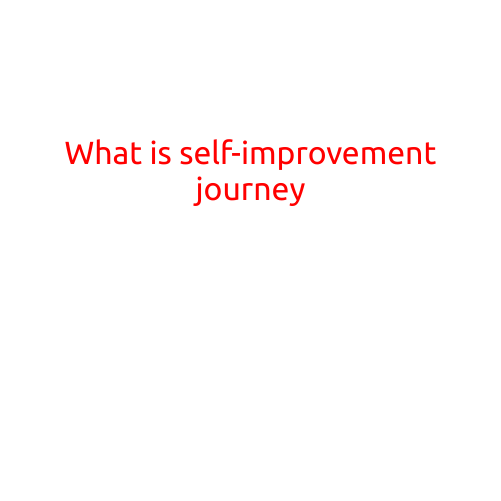
How to Manage Your Energy Levels: Tips and Strategies for a More Balanced Life
Are you feeling drained, sluggish, and tired all the time? Do you struggle to complete your daily tasks and responsibilities due to a lack of energy? You’re not alone. Managing energy levels is a common challenge many of us face, and it’s essential to address it to improve our overall well-being.
In this article, we’ll explore the importance of managing energy levels, identify common causes of fatigue, and provide practical tips and strategies to help you boost your energy and maintain a balanced lifestyle.
Why Energy Management Matters
Energy levels affect every aspect of our lives, from our mood and motivation to our relationships and productivity. When we have sufficient energy, we’re more likely to:
- Focus and concentrate
- Be more productive and efficient
- Enjoy social activities and spent time with loved ones
- Be more resilient to stress and emotions
On the other hand, chronic fatigue can lead to:
- Decreased motivation and enthusiasm
- Difficulty concentrating and learning new things
- Strained relationships and social withdrawal
- Increased stress and anxiety
Common Causes of Fatigue
Before we dive into energy management strategies, it’s essential to identify the common causes of fatigue. Some of the most common culprits include:
- Lack of sleep or poor sleep quality
- Sedentary lifestyle and physical inactivity
- Poor diet and nutrition
- Stress and anxiety
- Dehydration and electrolyte imbalances
- Medical conditions, such as anemia, hypothyroidism, and chronic fatigue syndrome
Tips and Strategies for Managing Energy Levels
Now that we’ve discussed the importance of energy management and identified common causes of fatigue, let’s explore some practical tips and strategies to help you boost your energy and maintain a balanced lifestyle:
- Get Enough Sleep
Aim for 7-9 hours of sleep each night to help your body recharge and regenerate. Establish a consistent sleep schedule and create a relaxing bedtime routine to improve sleep quality.
- Stay Hydrated
Drink plenty of water throughout the day, aiming for at least 8 cups (64 ounces). Avoid sugary drinks and caffeine, which can exacerbate fatigue and dehydration.
- Exercise Regularly
Engage in moderate-intensity physical activity, such as brisk walking, cycling, or swimming, for at least 30 minutes each day. Exercise can help increase energy levels and improve overall health.
- Eat a Balanced Diet
Focus on whole, nutrient-dense foods like fruits, vegetables, whole grains, lean proteins, and healthy fats. Avoid processed and sugary foods that can cause energy crashes.
- Practice Stress-Reducing Techniques
Incorporate stress-reducing activities, such as meditation, yoga, or deep breathing exercises, into your daily routine. These can help reduce anxiety and improve overall well-being.
- Take Breaks and Practice Self-Care
Take short breaks throughout the day to rest and recharge. Prioritize self-care activities, such as reading, listening to music, or taking a relaxing bath.
- Limit Caffeine and Sugar
Consume caffeine and sugar in moderation. Avoid consuming them too close to bedtime, as they can interfere with sleep quality.
- Get Some Fresh Air
Spend time outdoors and get some natural light. This can help regulate your circadian rhythms and improve energy levels.
- Get Enough Social Support
Build strong social connections and prioritize relationships. Social support can help reduce stress and improve overall well-being.
- Monitor Your Energy Levels
Keep track of your energy levels throughout the day. Identify patterns and triggers of fatigue and make adjustments accordingly.
Conclusion
Managing energy levels is a crucial aspect of maintaining a balanced and fulfilling life. By identifying the common causes of fatigue, following practical tips and strategies, and prioritizing self-care, you can improve your energy levels and reduce fatigue. Remember, small changes can add up over time, so start with one or two changes and gradually build upon them. With persistence and patience, you’ll be on your way to a more energetic and vibrant you!





